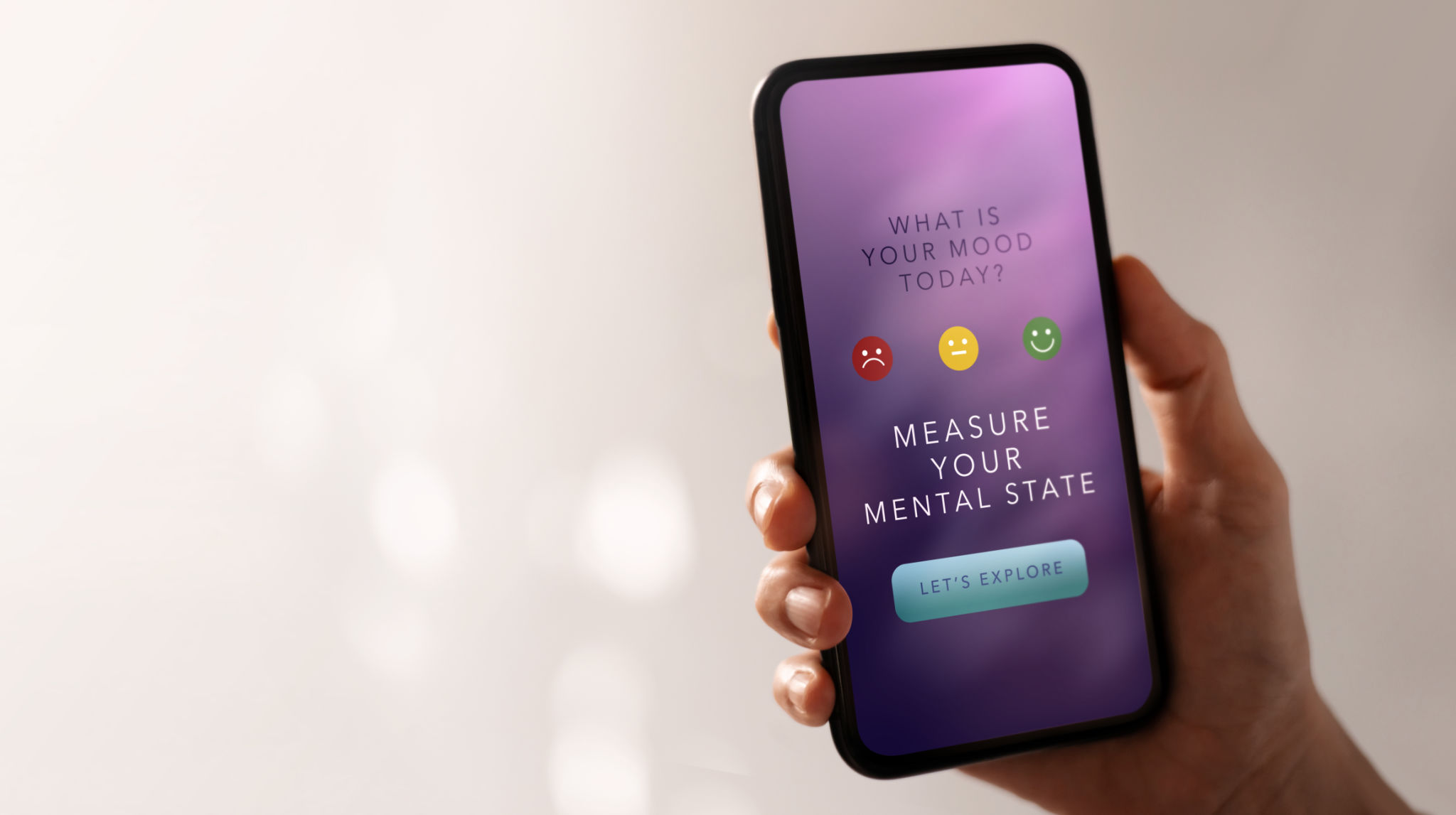How Mental Wellness Apps Are Shaping the Future of Therapy
In the rapidly evolving landscape of mental health support, digital solutions are playing a transformative role. Mental wellness apps are at the forefront, offering accessible and flexible options for individuals seeking therapy and self-improvement. As our lives become increasingly digital, these apps are not only supplementing traditional therapy but are also reshaping the future of mental health care.

The Rise of Mental Wellness Apps
The demand for mental health support has surged in recent years, and mental wellness apps have emerged as a convenient solution. These apps provide users with tools to manage stress, anxiety, depression, and other mental health challenges right from their smartphones. With features such as guided meditations, mood tracking, and cognitive behavioral therapy (CBT) exercises, they cater to a broad spectrum of needs.
One of the most significant advantages of these apps is their accessibility. They break down geographical barriers, offering support to individuals who may live in remote areas or lack access to traditional therapy resources. Moreover, they empower users to take charge of their mental health on their own terms, often at a lower cost than in-person sessions.
Personalized Support and Data-Driven Insights
Many mental wellness apps leverage artificial intelligence and machine learning to provide personalized support. By analyzing user data, these apps can tailor recommendations and exercises to suit individual needs. This personalized approach ensures that users receive relevant and effective interventions, enhancing the overall therapy experience.

Additionally, mental wellness apps offer users valuable insights into their mental health patterns. By tracking moods, thoughts, and behaviors over time, individuals can gain a deeper understanding of their mental health journey. This data-driven approach not only aids self-awareness but also facilitates more productive discussions with therapists.
Integration with Traditional Therapy
While mental wellness apps are not a replacement for professional therapy, they can complement traditional methods effectively. Many therapists now recommend these apps as supplementary tools for their clients. Features such as journaling prompts and mindfulness exercises can enhance the therapeutic process and encourage continuous engagement between sessions.
Furthermore, these apps provide a bridge for individuals who may be hesitant to seek therapy initially. By offering a non-threatening introduction to mental health support, they can encourage users to eventually pursue professional help if needed.

Challenges and Considerations
Despite their benefits, there are challenges associated with mental wellness apps. Privacy and data security remain significant concerns, as sensitive information is shared through these platforms. Developers must prioritize robust security measures to protect user data and maintain trust.
Moreover, while these apps offer valuable support, they are not suitable for everyone. Individuals with severe mental health conditions may require more comprehensive treatment than what an app can provide. It is crucial for users to understand the limitations and seek professional help when necessary.
The Future of Mental Health Care
As technology continues to advance, the integration of mental wellness apps into everyday life is likely to grow. With innovations such as virtual reality therapy and enhanced AI-driven insights on the horizon, these digital tools will play an increasingly prominent role in mental health care.
The future of therapy lies in a hybrid model that combines the strengths of traditional methods with digital solutions. By embracing this approach, we can ensure that mental health support is more accessible, personalized, and effective than ever before.
